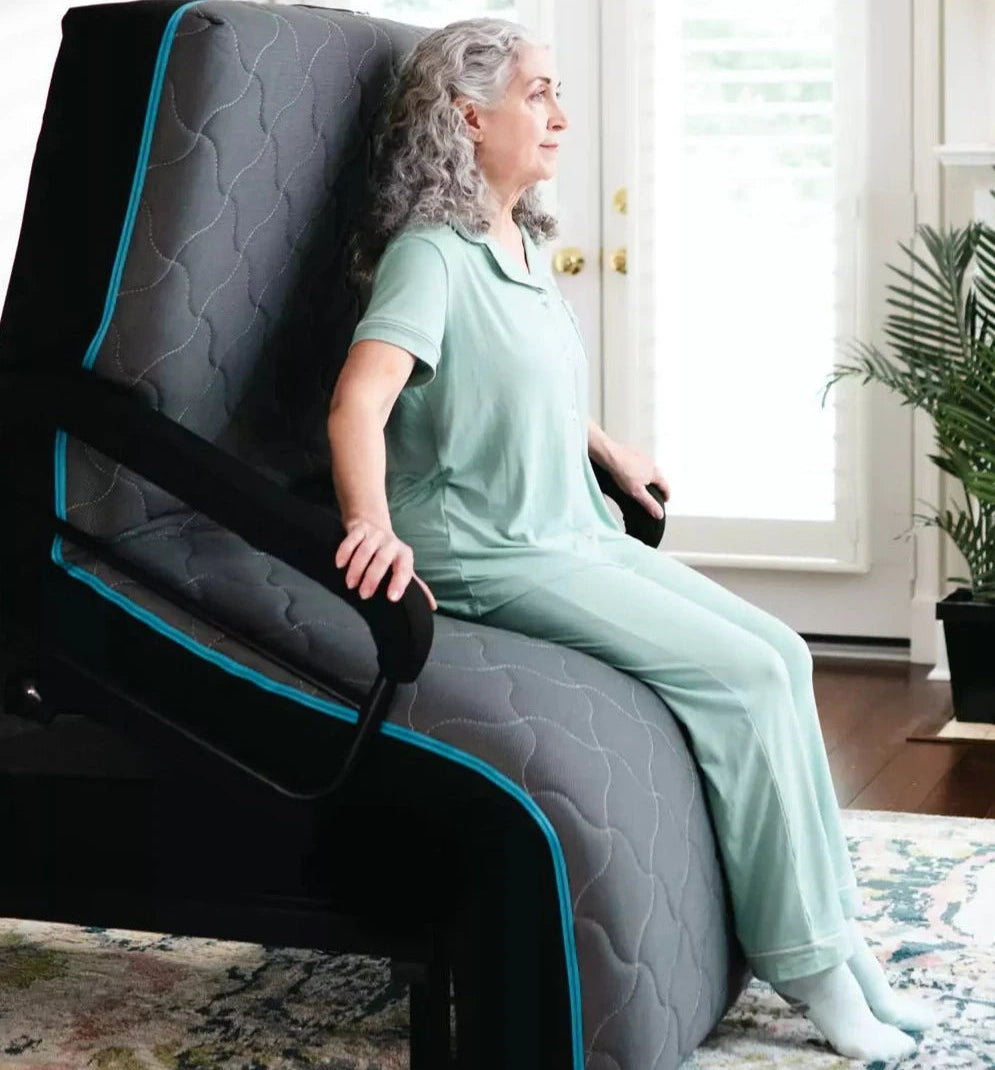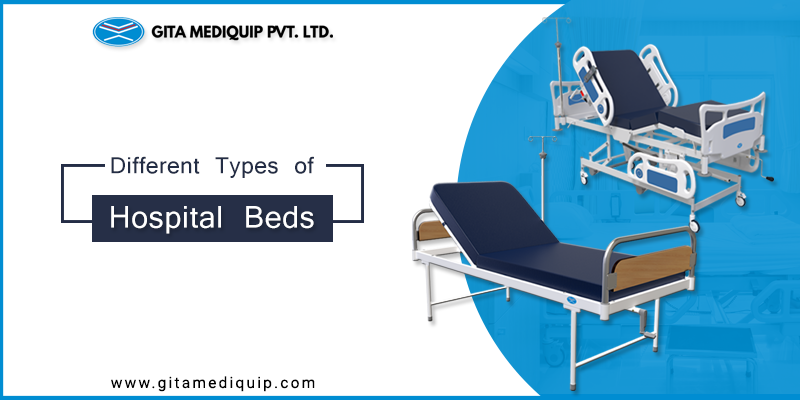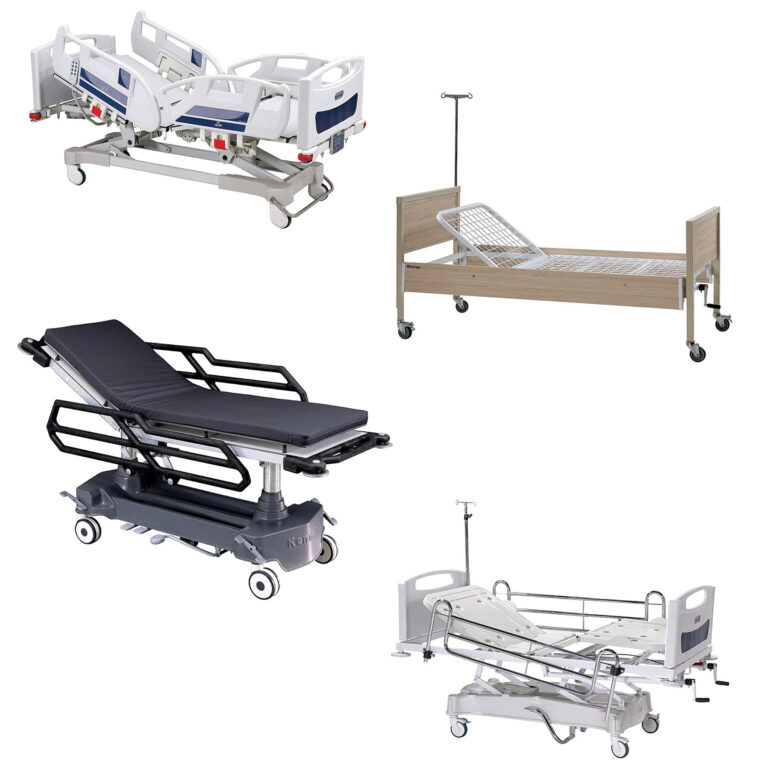Hospital Beds For Home Use for Dummies
Table of ContentsHow Hospital Beds For Home Use can Save You Time, Stress, and Money.Rumored Buzz on Hospital Beds For Home Use5 Simple Techniques For Hospital Beds For Home UseWhat Does Hospital Beds For Home Use Do?Some Known Factual Statements About Hospital Beds For Home Use All About Hospital Beds For Home UseSome Known Factual Statements About Hospital Beds For Home Use
There are 3 primary kinds of healthcare facility beds: handbook, semi-electric, and fully-electric. These beds use hand cranks to readjust the bed's height and elevate and decrease the head and the foot.
Semi-electric beds have an electrical motor to raise and reduce the head and foot sections of the bed (hospital beds for home use). Full-electric beds have an electrical motor that can increase the head and foot areas of the bed as well as the whole elevation and positioning of the bed.
Some Known Details About Hospital Beds For Home Use
There are several types of hospital beds, each made to meet particular person demands. Right here are some usual types: This is the most common kind of hospital bed, made for general clinical usage.
Lower to the ground than a conventional bed. This type of bed is designed for larger individuals, with a bigger framework and higher weight ability than a basic bed. This kind of bed is designed particularly for children, with smaller dimensions than a common bed. Unique features such as complete length side rails and anime style.
This sort of bed is developed for seriously unwell clients that need open tracking and specialized clinical tools such as ventilators and mixture pumps. This type of bed is developed for usage during labor and delivery, with flexible placements and features to sustain the mother and child during the birth procedure.
The Best Guide To Hospital Beds For Home Use
Several feature and the devices do increasing traction to different parts of the vertebra and the extremities without moving the body. These are simply a couple of examples of the sorts of medical facility beds available. The particular kind of bed made use of will certainly rely on the patient's problem, medical needs, and other aspects.
Right here is the important things you need to recognize. A one-function health center bed is a medical bed that allows a patient to move just the head or foot area up or down. A 2 function medical facility bed normally describes a kind of clinical bed that has two adjustable functions to help clients in medical facilities or treatment centers.

5 Easy Facts About Hospital Beds For Home Use Shown
A 7-function ICU bed is a kind of clinical bed that gives several flexible features to support seriously ill people in a critical care unit (ICU) (hospital beds for home use). The seven functions usually include: Back-rest modification: The back-rest can be changed to numerous angles to assist the individual sit up or relax conveniently
Elevation adjustment: The bed can be increased or lowered to make it much easier for people to obtain in and out of bed, and for caretakers to offer treatment. Trendelenburg setting: The whole bed can be tilted to promote blood circulation and blood circulation in the body. Reverse Trendelenburg setting: The bed can additionally be tilted in the contrary instructions to advertise blood flow and blood circulation in the top body.
1. What Size is a Health Center Bed? 2. How Much Does a Healthcare Facility Bed Price? 3. Why Do Healthcare Facility Beds Have Side Rails? 4. What Are The Main Healthcare Facility Bed Components?. While even more affordable than electric models, these beds require physical initiative for changes. The main advantages of manual beds are their cost and integrity, as they do not depend on electrical power. However, the requirement for hands-on effort can be a constraint in situations where quick changes are needed or where caretakers deal with physical difficulties.
9 Easy Facts About Hospital Beds For Home Use Shown
Semi-electric health center beds provide an equilibrium of handbook and electrical controls. These beds offer a perfect center ground between guidebook Get More Information and fully electrical alternatives, offering convenience of use without the complete cost of electric designs.
Semi-electric beds are well-suited for patients that require moderate adjustments to the head and foot areas but can handle without constant elevation modifications. This makes them a cost-efficient service for those seeking comfort and convenience without the need for continuous repositioning. Totally electrical health center beds feature electric controls for smooth adjustments to the elevation, head, and foot areas.
Specialty healthcare facility beds, such as ICU beds, lasting treatment beds, and bariatric beds, are very carefully developed to address certain clinical demands. These beds supply tailored take care of varied person teams, boosting both results and convenience. In the adhering to sections, we will certainly discover the major kinds of specialty health center beds, describing their details advantages and applications.
With years of experience in producing electric direct actuators - hospital beds for home use and close partnership with the health care market, TiMOTION is well-positioned to supply reliable healthcare solutions. Our vertically integrated company manages every see this site action of the production process, from design to actuator assembly, guaranteeing we deliver extraordinary value and customized solutions customized to your specific demands
Indicators on Hospital Beds For Home Use You Should Know

To find out more regarding integrating these innovations into your products, call us today. More analysis:.
Information is sourced from the Medicare Expense Report.

The 10-Second Trick For Hospital Beds For Home Use
A healthcare facility bed is a bed designed particularly for clinical purposes. It is not only an area for patients to rest, yet also a platform for medical procedures. Unlike ordinary home beds, health center beds typically have adjustable functions, which can promote medical staff to make different modifications according to the demands of clients, such as altering the height, disposition, and assistance angle of the back and legs of the bed.